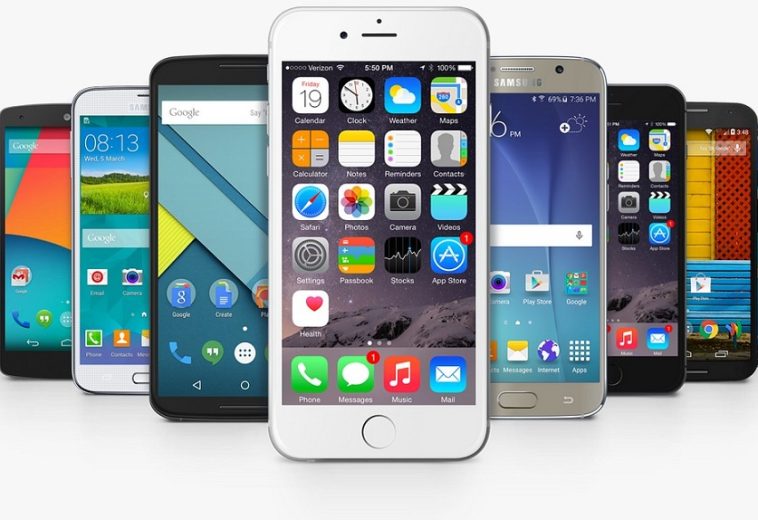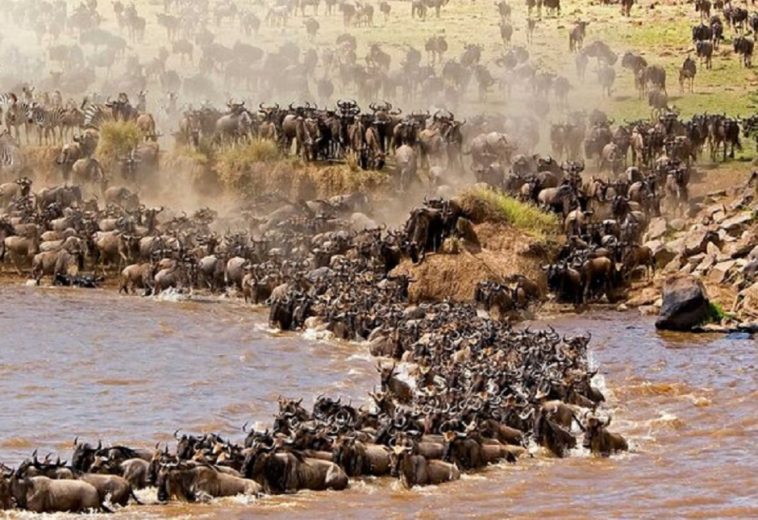The fourth estate of the realm is an institution that can never lose its place in society, no matter the time or age. Humans, since the dawn of time, have always participated in the medium of communication for the survival of humankind. Africa’s contribution to the growth of human communication can never be overlooked, as it remains the cradle of civilisation.
The media became a phenomenon after Johannes Gutenberg invented the printing press in the 15th century, which allowed for the mass production of written materials. Friedrich Koenig took this invention a step further by industrializing it in the early 1800s, which significantly increased media accessibility.
Everyone must recognise the significant role played by the media in shaping perceptions and influencing the flow of information across various platforms. The media, for all intents, has been used by the West for decades to propagate negative connotations and images about Africa.
Proscribing it as the ‘dark continent’ where wars, famine, corruption, coups, evil, death, poverty and hopelessness thrive. The West has made use of all the available weapons in its arsenal to portray videos of poverty on television, written words of doom in magazines, and newspapers, messages of peril on radio and the glamorisation of gang violence, illicit drug use, sexual immorality in all forms of entertainment. The online space is also not left out in this mission of destruction.
According to the executive director of Africa No Filter, Moky Makura, “Africans are very reliant on global media outlets to tell our own stories,” She contends that tales about Africa are frequently presented through the prisms of five themes: illness, poverty, conflict, corruption, and incompetent leadership. “Those are the stories that most foreign media outlets cover and share with their global audience,” she said.
A report conducted by Africa No Filter in partnership with the Africa Center New York and the University of Cape Town examined the portrayal of Africa in the world’s most reputable news sources. The Global Media Index for Africa is the largest manual study of media analysis ever conducted for an African media index, it assessed and ranked online news stories of the 20 leading news providers that offered primary coverage of Africa for the world.
Over six months, the study examined over 1,000 articles, grading them on four main criteria: topic diversity, source range, geographic coverage, and reporting depth. This thorough investigation showed that the way that the international media covers Africa has to be improved.
The report highlights a troubling pattern: the stories frequently exclude the perspectives of ordinary Africans. Global news favours the opinions of influential local and global elites, including politicians, specialists, national leaders, and international organizations. Generally, there is a lack of focus on ordinary individuals and historically marginalized groups such as young people, women, and traditional leaders. This draws attention to a recurring problem: the world media still views Africa as a homogenous continent, failing to adequately convey its tremendous diversity.
Themes of deprivation, corruption, and political unrest dominated African stories over time. Few of the internet articles under analysis discussed positive advancements in fields like innovation, technology, culture, and the arts. All these data point to the need for Africa to employ more media platforms to tell her amazing stories of excellence, ingenuity and pride. It is important to note that each continent has its peculiar challenges and there are sad stories about Africa that need to be told for change to come, but great innovations are also coming out of Africa that the world should be aware of too.
Africa is more than a single-story told through the lens of Western media. It has culture, creativity, science, education, music, fashion and most of all, it has the soul of this earth as it is embedded with treasures that will continue to determine the pace of industrialisation, globalisation and advancement of the human race.
More platforms need to arise in Africa and be the ambassadors of the media on the global stage. These gatekeepers would serve as the alternative to those negative stereotypes and news about Africa. It is time for Africa to recruit more hands to tell its stories, for if we don’t tell our stories others will and in most cases, tell them from a place of great bias that does nothing but harm the brand of Africa.
The future is going to be shaped by the voices of the media, its consumption by the audience and the after effects it will have in all areas of life. So concerned governments, individuals and institutions should rise to the occasion and be a promoter of Africa.




